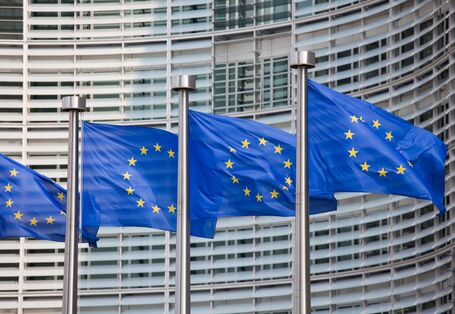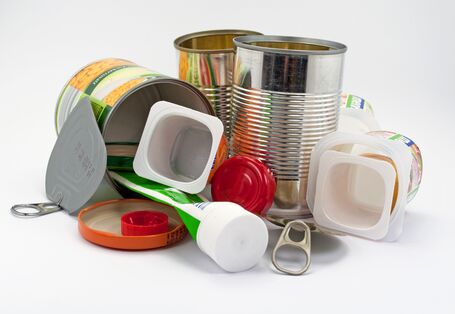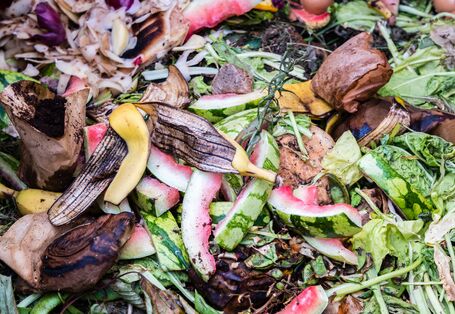Press
Press releases
253–264 of 728
EU climate targets: 60 percent reduction of greenhouse gas emissions by 2030 is possible, German Environment Agency says

The German Environment Agency (UBA) believes it is possible to reduce greenhouse gas emissions in the EU by at least 60 percent below 1990 levels by 2030. A key element in this is a rapid reform of EU emissions trading.
Further increase in packaging consumption in 2018 in Germany

In 2018, Germany generated a total of 18.9 million tonnes of packaging waste. This is 0.7 per cent more than in 2017 and corresponds to an average of 227.5 kg of packaging waste per capita. Since 2010, packaging consumption has thus increased by 17.9 percent.
Coronavirus protection in schools: Airing rooms for five minutes, every 20 minutes

The German Environment Agency (UBA) has drafted some helpful guidance for the Standing Conference of the Ministers of Education and Cultural Affairs of the Länder in Germany (KMK) on proper airing practices in schools. The handbook reflects the UBA experts' recommendations on indoor air hygiene and how proper ventilation in schools can reduce the risk of infection with the novel coronavirus.
Schulze: Germany needs a national water strategy

After two years of intensive consultations, the Federal Environment Ministry has concluded the National Water Dialogue, which deals with the water management of the future. The virtual closing event will be attended today by Federal Environment Minister Svenja Schulze and numerous experts from water management, administration and research.
Schulze: "Human biomonitoring should become an instrument of European chemicals policy"

At an international conference on "Human Biomonitoring for science and chemical policy", Federal Environment Minister Svenja Schulze and UBA President Dirk Messner spoke out in favour of expanding human biomonitoring at European level. This involves examining population groups for their exposure to environmental pollutants and other sources.
Who will be the winners of the Federal Ecodesign Award 2020?

147 submissions to the contest's four categories "Product", "Service", "Concept", and "Young Talent" were on display and evaluated yesterday at feldfünf, in the open space of the Metropolenhaus in Berlin. 28 projects were nominated by the environmental and design experts of the jury for this year's design award.
30 years of unified Germany: a plus for the environment too

The German Environment Agency (UBA) reports positive environmental performance 30 years after German reunification. Air, water and soil much cleaner – climate change remains greatest challenge.
European Mobility Week: Zero-emission mobility for all

Zero-emission mobility should be possible for all. However, the current German transportation system penalises far too many population groups who, for example, suffer from a lack of accessibility or live on busy roads. During European Mobility Week from September 16-22, 93 towns and cities in Germany will show how mobility can be organised in a socially just manner.
Broad alliance launches “Biotonne Deutschland“ campaign to promote biowaste collection

A broad alliance from politics, economics and associations is campaigning for improved bio-waste collection with the "Biotonne Deutschland" action weeks. For three weeks starting today, local authorities in Germany will be promoting the separate collection of biowaste with local campaigns.
Current transport policy puts people with low income at a disadvantage

Today's transportation system in Germany shows numerous social injustices, says a position paper by the Federal Environment Agency (UBA). Low-income households in particular are disadvantaged, for example because they more frequently live on roads with higher traffic volumes and thus higher noise and air pollution levels - even though they often do not drive.
Video streaming: data transmission technology crucial for climate footprint

HD-quality video streaming produces different levels of greenhouse gas emissions depending on the transmission technology. The CO2 emissions generated by data processing in a data centre are relatively low, at 1.5 grams of CO2 per hour. However, the technology used to transmit data from the data centre to the user determines the climate compatibility of cloud services like video streaming.
